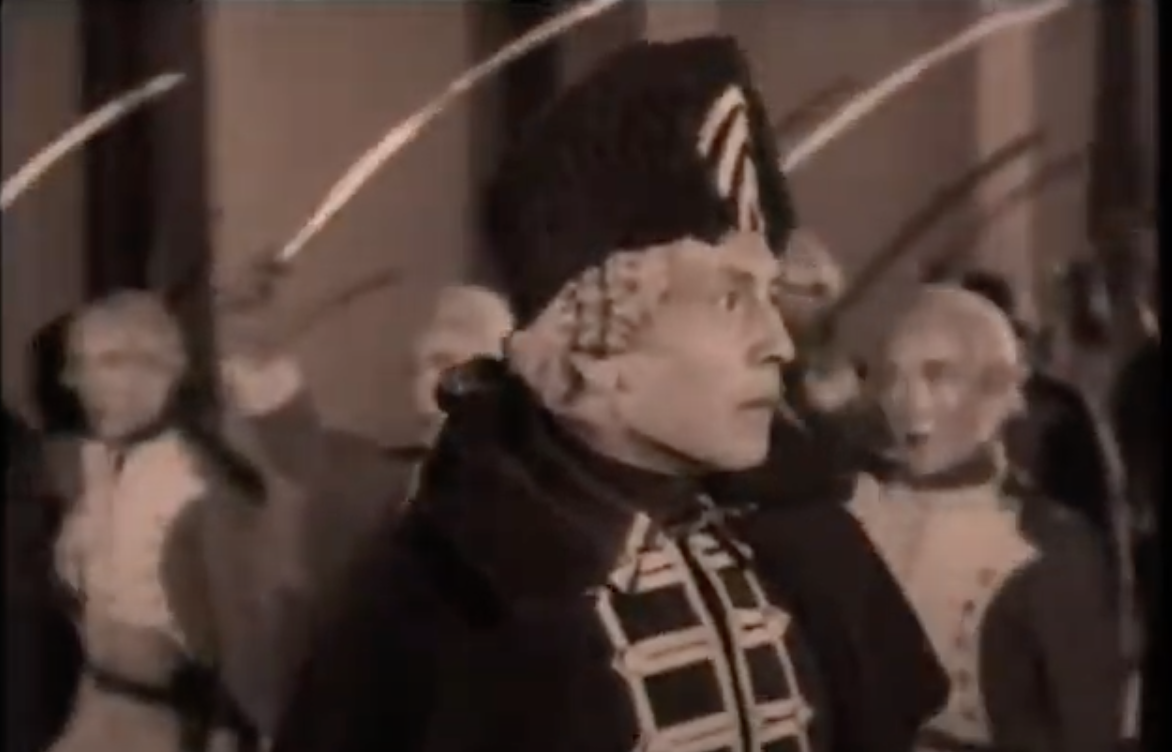by Jarrett Hoffman
HAPPENING TODAY:
The schedule heats up starting tomorrow, but today our lone calendar listing belongs to organist Florence Mustric, who will play works by Franck and Widor at Trinity Lutheran Church at 12:15 pm as part of a program titled “More from those fabulous French.” Freewill offering.
IN THE NEWS:
Tomorrow marks the centennial of the Tomb of the Unknown Soldier at Arlington National Cemetery. In honor of that occasion, D.C.-based opera company UrbanArias commissioned a song cycle from composer Shawn Okpebholo and poet Marcus Amaker, who had previously worked together on the acclaimed song Two Black Churches. The film version of their new cycle, titled UNKNOWN, will receive its premiere online tonight just after midnight, at 12:01 am.
The work examines war from several angles, making use of different characters with their own individual identities and perspectives, as well as varying musical styles over the course of five movements.
Michael Andor Brodeur’s feature about UNKNOWN in an article for The Washington Post is worth reading in full. But among the highlights, he points out that the work “offers a new mode of memorial and a reimagined take on what makes a piece of music patriotic,” and that its songs strike a balance “between the catastrophe of war and the intimacy of loss.” Read the article here, and watch a trailer here.
And in The New York Times, Javier C. Hernández interviews Chamber Music Society of Lincoln Center artistic directors David Finckel and Wu Han, in part seeking their response to criticisms that the Society’s programming is overly conservative.
TODAY’S ALMANAC:
Where Finckel and Han defend themselves against the notion of conservatism in music, Henri Rabaud (born on this date in 1873) embraced it. “Modernism is the enemy,” the French conductor, composer, and pedagogue was known to say. Funny, then, that during his nineteen years directing the Paris Conservatoire, one of the most famous students to come out of that institution was Olivier Messiaen.
Rabaud’s most famous works include his symphonic poem La procession nocturne, his cantata Daphné (which won him the Prix de Rome in 1894), and his Solo de concours for clarinet and piano. But perhaps it’s even better to watch something while listening to his music?
Among the movies he scored was the 1927 French silent film Joueur d’échecs (“Chess Player”), which involves a chess-playing automaton secretly controlled by a skillful player, set against the backdrop of the Polish movement for independence from Russia.
Here’s one scene near the end featuring some interesting changes of mood, some compelling shaping of tension, and some unfortunate mickey-mousing (matching movement to music — a scoring technique that has generally fallen out of favor) among those figures wielding swords. It’s unintentionally humorous looking back, and that’s always fun.
In an interesting coincidence, composer Ennio Morricone was also born on this date, in 1928, and in addition to his 400-some film scores (as well as many classical works), he was a respected figure at the chess board. Facing off against grandmaster Boris Spassky on one occasion, he managed to pull out a draw. Though Spassky was apparently not trying very hard, Morricone was still quite proud, and kept a transcript of the game in his studio — save for the ending.
“I was too overwhelmed while it was all happening, and I could not recollect the last six or seven moves,” he once said in an interview. “Such a pity.”
Back to Morricone’s main specialty, a two-hour playlist on YouTube allows you to hop around among 38 of his greatest themes.
For more on this date in history, read last year’s edition covering Martin Luther, François Couperin, and an interesting performance at the keyboard from Gustav Mahler.





